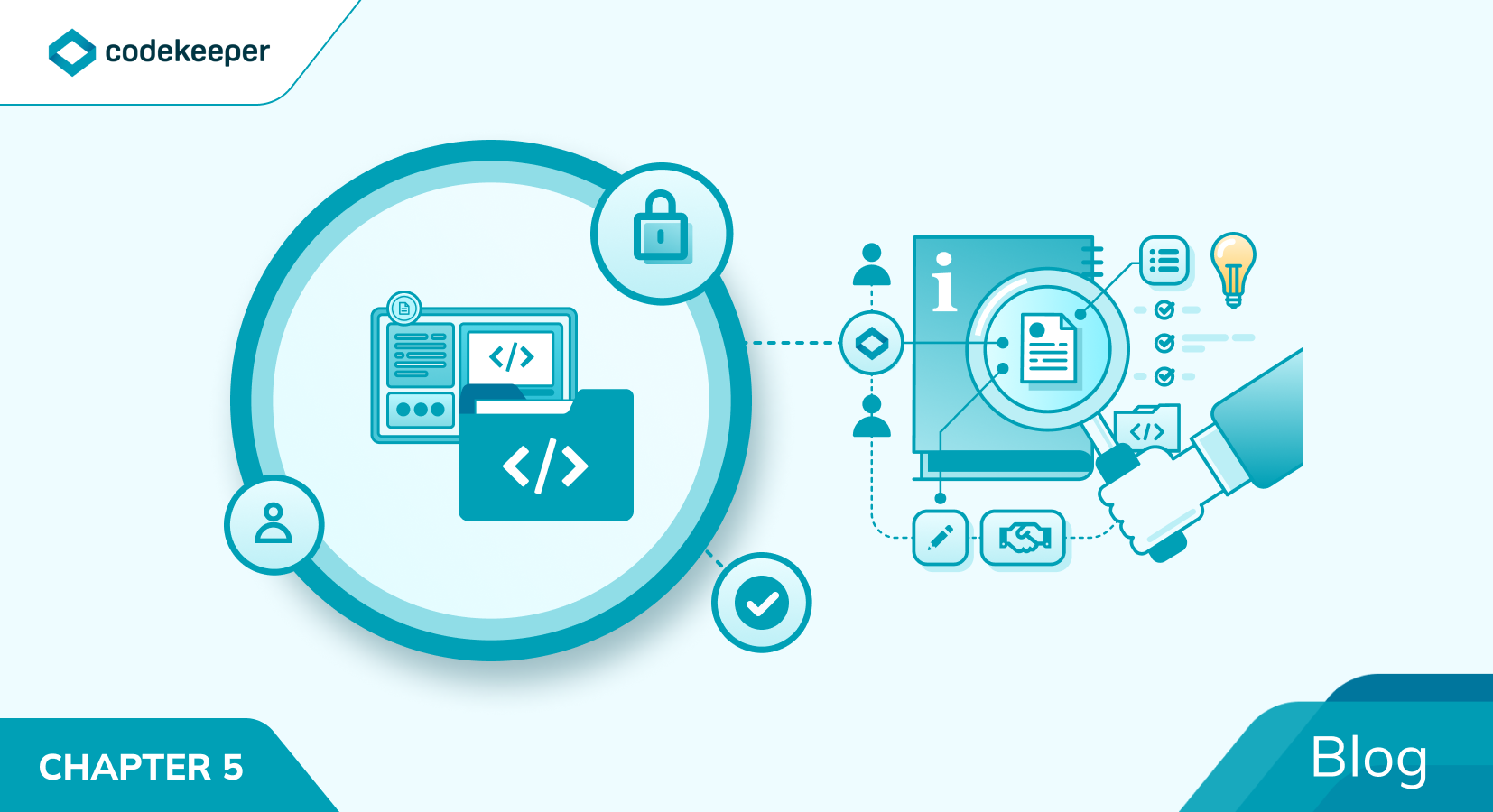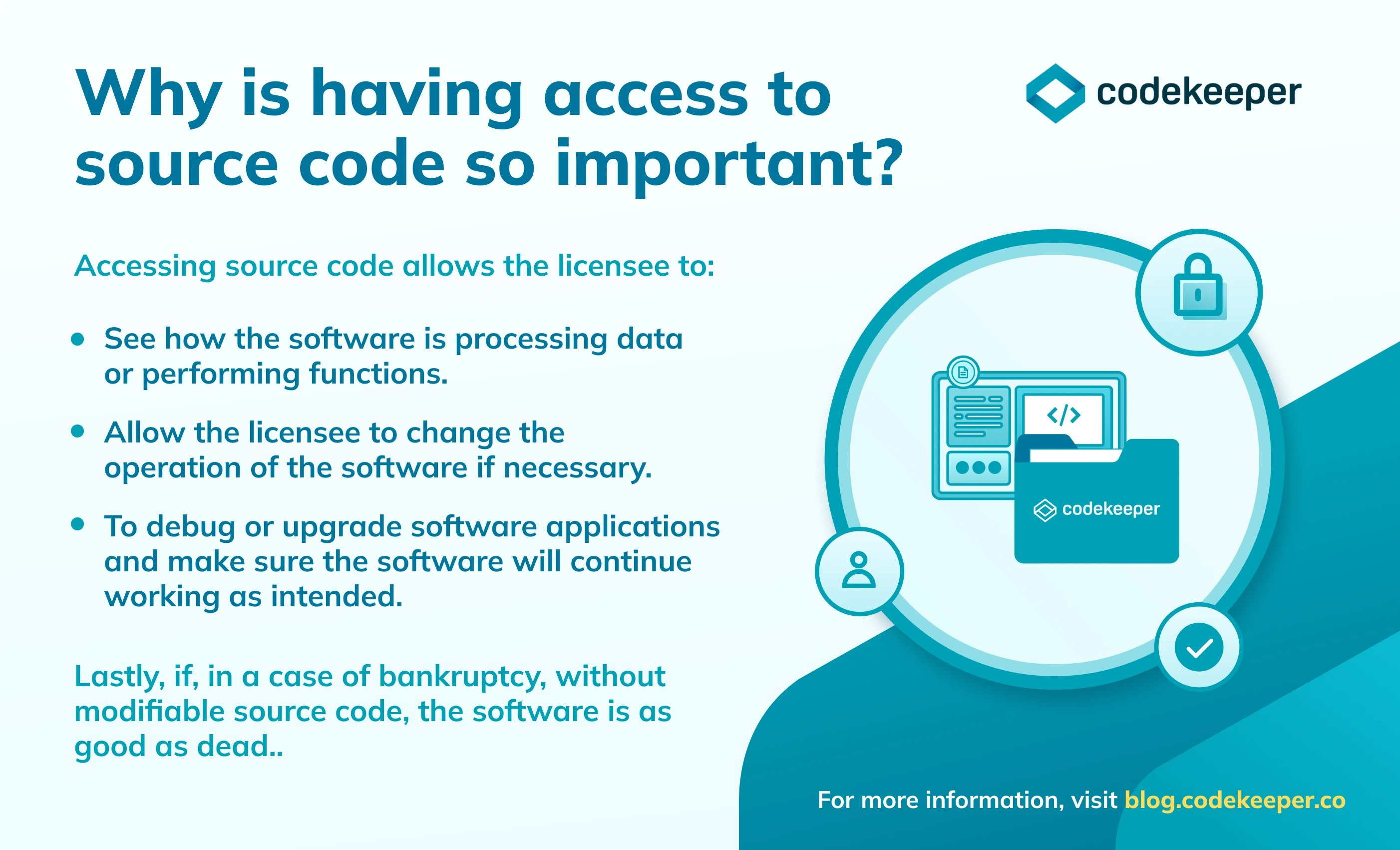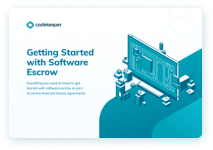The Ultimate Guide to Software and Source Code Escrow - Chapter 5
Codekeeper.co explains why accessing your source code is a must and how not being able to can lead to serious consequences

By Content Team
Why is having access to source code so important?
In the case of typical, off-the-shelf software, only object code (i.e., executable code) is licensed out to the end-user. In commercial licensing deals, however, the licensee may have a legitimate interest in object code, as well as source code as an assurance that their mission-critical systems will remain functional. Accessing source code allows the licensee to see how the software is processing data or performing functions, and can even allow the licensee to change the operation of the software if necessary.
In that sense, source code is the DNA of a software application. It is code that is written in a programming language that is readable (and modifiable) by humans, and without it, developers can’t debug or upgrade software applications. In other words, they can’t ensure that the system will continue working as intended.
So if, for instance, a software vendor goes out of business, without modifiable source code, the software is as good as dead. Depending on how critical the software is to your business, the effects of losing access to the source code could be nothing short of devastating. Later in the ebook, we will examine some of the risks that software escrow helps mitigate, as well as the benefits that it offers to both licensors and licensees.


This article is part of the FREE Ebook:
The Ultimate Guide to Software and Source Code Escrow
Do you want to be the first one to know when the Ebook is published? Subscribe to our newsletter here .



